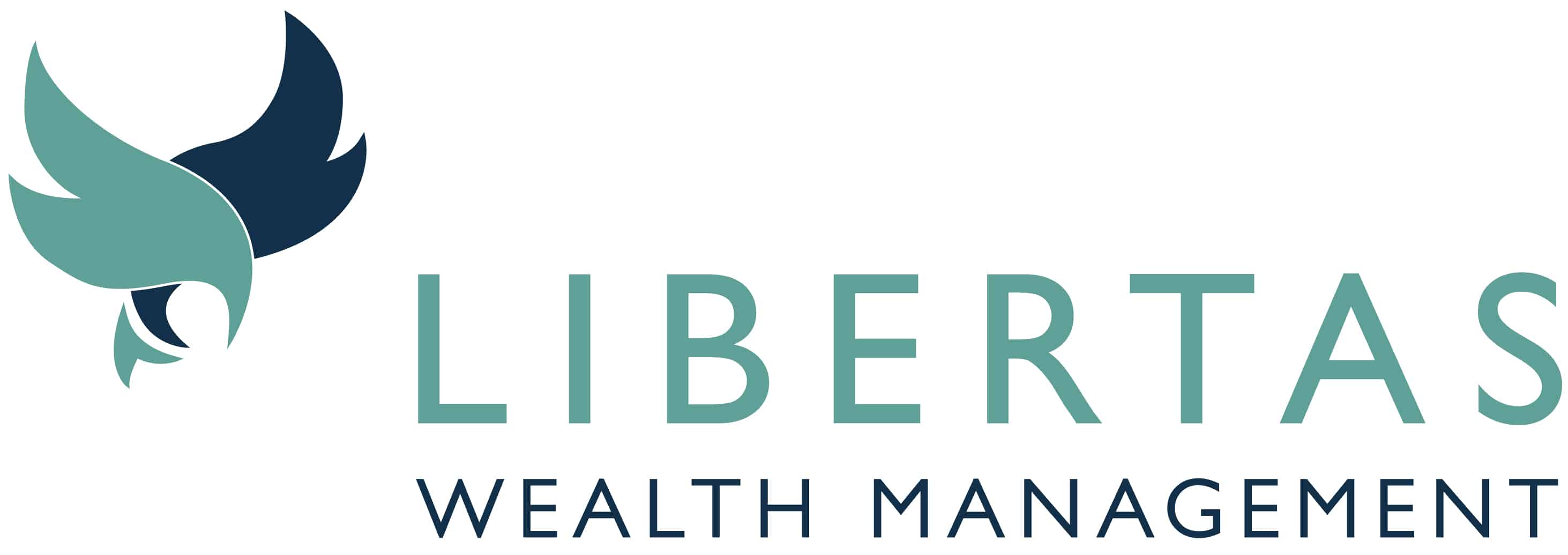Covid-19 lockdowns inspired millions of Brits to add a pet to their family. They can increase day-to-day expenditure, but it’s the unexpected costs that could affect financial security. Have you considered how much your new pet could cost?
According to a report in the Money Pages, almost a third of UK adults bought or adopted a pet between March 2020 and September 2021. The most common lockdown pets were dogs, followed by cats.
As well as the initial cost of a pet, the ongoing expenses add up. Many families (24%) that had a pet before the pandemic admitted they were spending more on their pets now. The research suggests this equates to £287 million planned to be spent across the UK on dog walkers, pet daycare facilities, food, and toys.
Planning for the unexpected costs of owning a pet
Considering how much your new companion will cost day-to-day is important, but so is thinking about the unexpected. One of the biggest expenses pet owners can face is an unexpected vet bill.
As part of your family, you’ll want to do what you can for your pet if it’s ill or injured. A trip to the vets can be expensive and run into thousands of pounds in serious or complex cases. As a result, you may have decided to take out pet insurance to create a financial safety net.
You’ll need to pay regular premiums for pet insurance, which will vary depending on your pet and their health. While it’ll increase regular outgoings, it can cover the cost of a vet if needed. More comprehensive pet insurance policies may cover other areas too, like treatment for behavioural problems or liability cover.
Taking out pet insurance can provide you with peace of mind. You know that your pet will receive the care and treatment they need if something happens to them. It also means you won’t need to dip into other savings you may have, such as an emergency fund.
Brits are 3 times more likely to protect their pets than themselves
Research from Halifax shows that pet owners are far more likely to think about the impact of unexpected illnesses on their pets than themselves.
Around 18% of pet owners have taken out pet insurance, three times the amount of people that have taken out a critical illness policy to protect themselves.
While we have the NHS to provide treatment and care, private health insurance can mean you have greater choice and that you can speak to a healthcare professional quicker.
Families also need to consider the financial impact of becoming ill or injured. The research found that 52% of families wouldn’t be able to financially cope beyond six months if the main earner became critically ill.
Being unable to work can place pressure on short-term finances and have long-term implications, for instance, if you can’t keep up with mortgage payments or need to stop paying into your pension. If a loss of income would affect your family, it’s worth considering how financial protection could provide security.
The Halifax research found that affordability and lack of trust are the two main reasons why people don’t take out insurance to protect themselves. However, these reasons are often due to misconceptions:
- Affordability: The cost of financial protection will depend on your health, lifestyle, and level of cover you want. But it’s often more affordable than you might think – it could even be cheaper than insuring your pet.
- Trust: It’s a common myth that financial protection products don’t pay out when they should. Yet figures from the Association of British Insurers show that 98% of all claims were paid in 2020. Over the year, the equivalent of £17 million was paid every single day to policyholders.
So, as you think about insuring your new pet, you should consider if you’d benefit from protection too. There are three main types of policy to consider:
1. Income protection: This policy would pay out a regular income, usually a portion of your salary, if you’re unable to work. It can provide peace of mind that you can continue to meet financial commitments. The income paid would continue until you return to work, retire, or the policy term ends.
2. Critical illness: If you’re diagnosed with a critical illness that is named within your policy, it would pay out a lump sum. This sum can be used however you wish. It could mean you’re able to pay off your mortgage, adapt your home if necessary, or cover day-to-day costs while you receive treatment.
3. Life insurance: A life insurance policy can provide financial security to your loved ones if you pass away. It would pay a lump sum to your beneficiaries on your death, which could provide financial stability in the short and long term.
Please contact us to discuss your financial protection needs.
Please note:
This blog is for general information only and does not constitute advice. The information is aimed at retail clients only.






